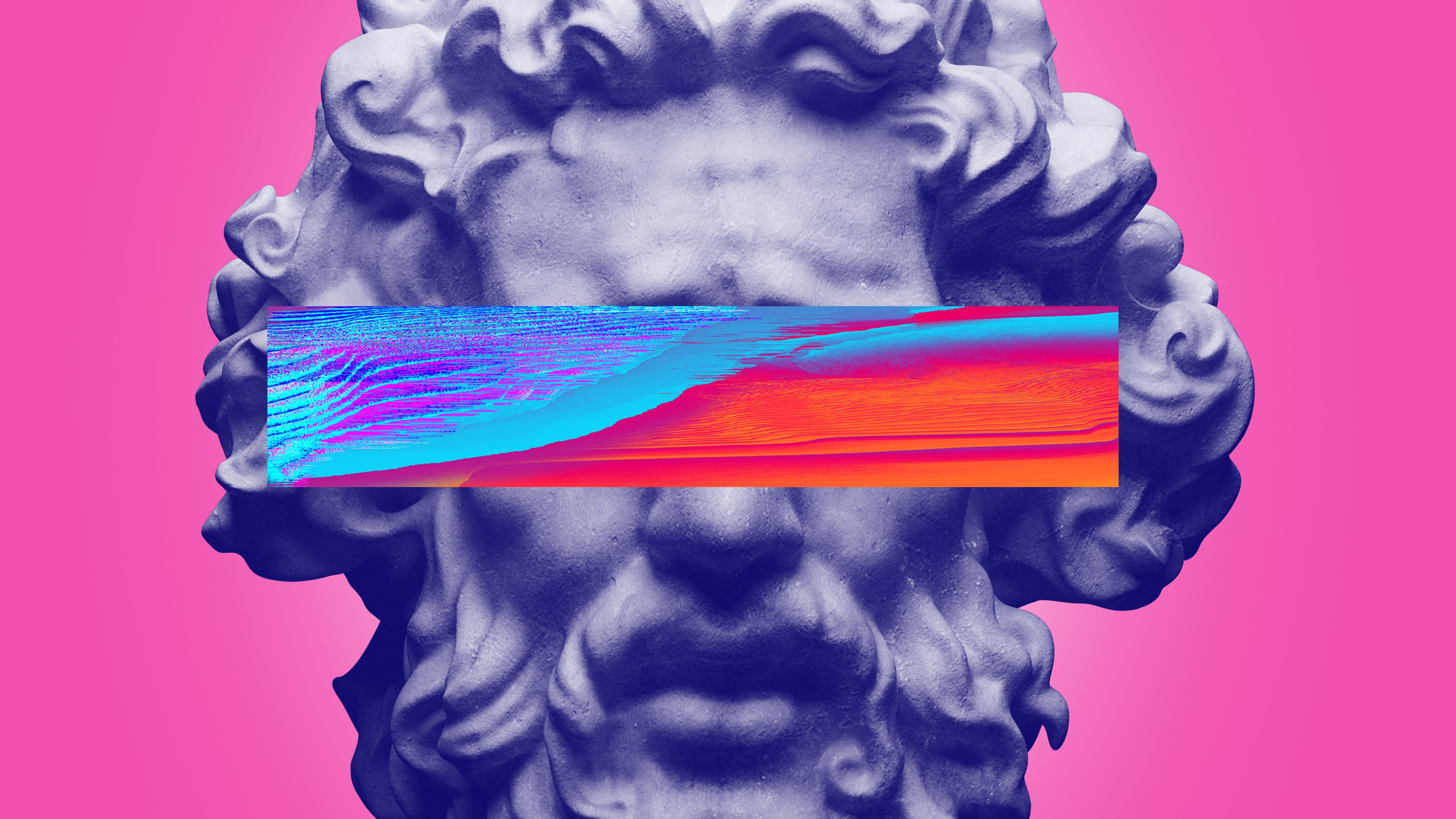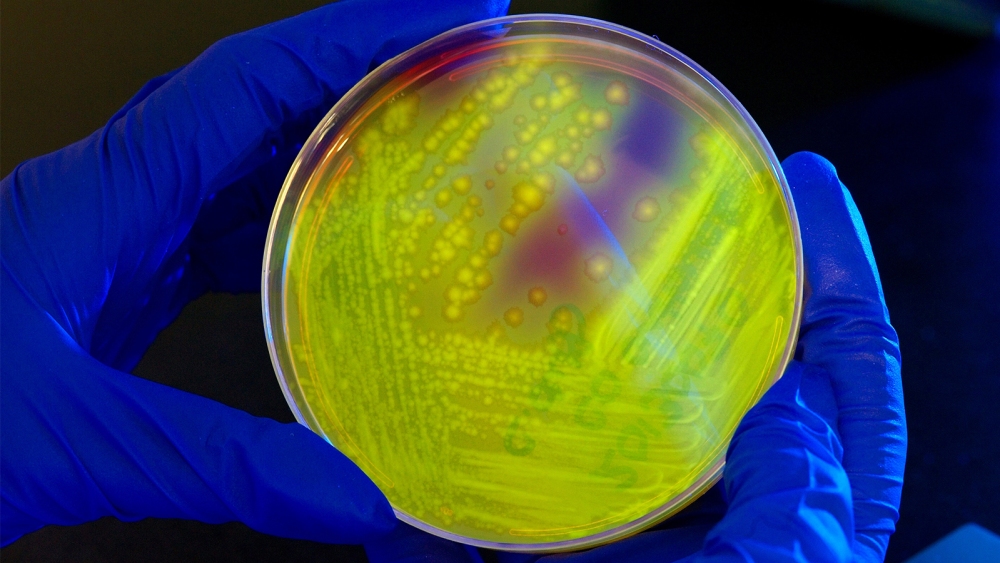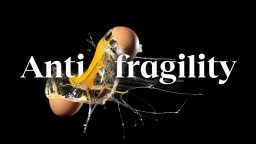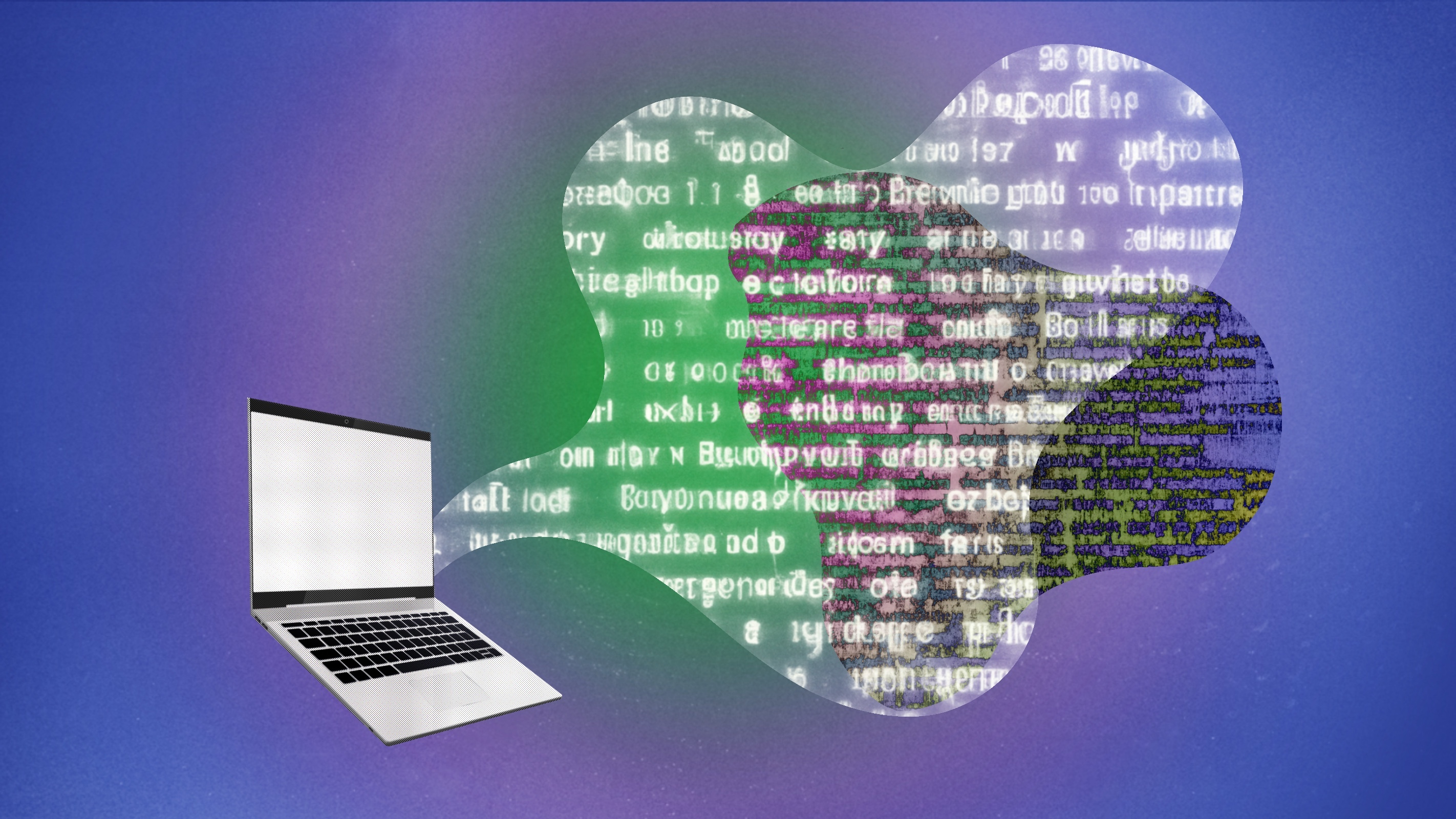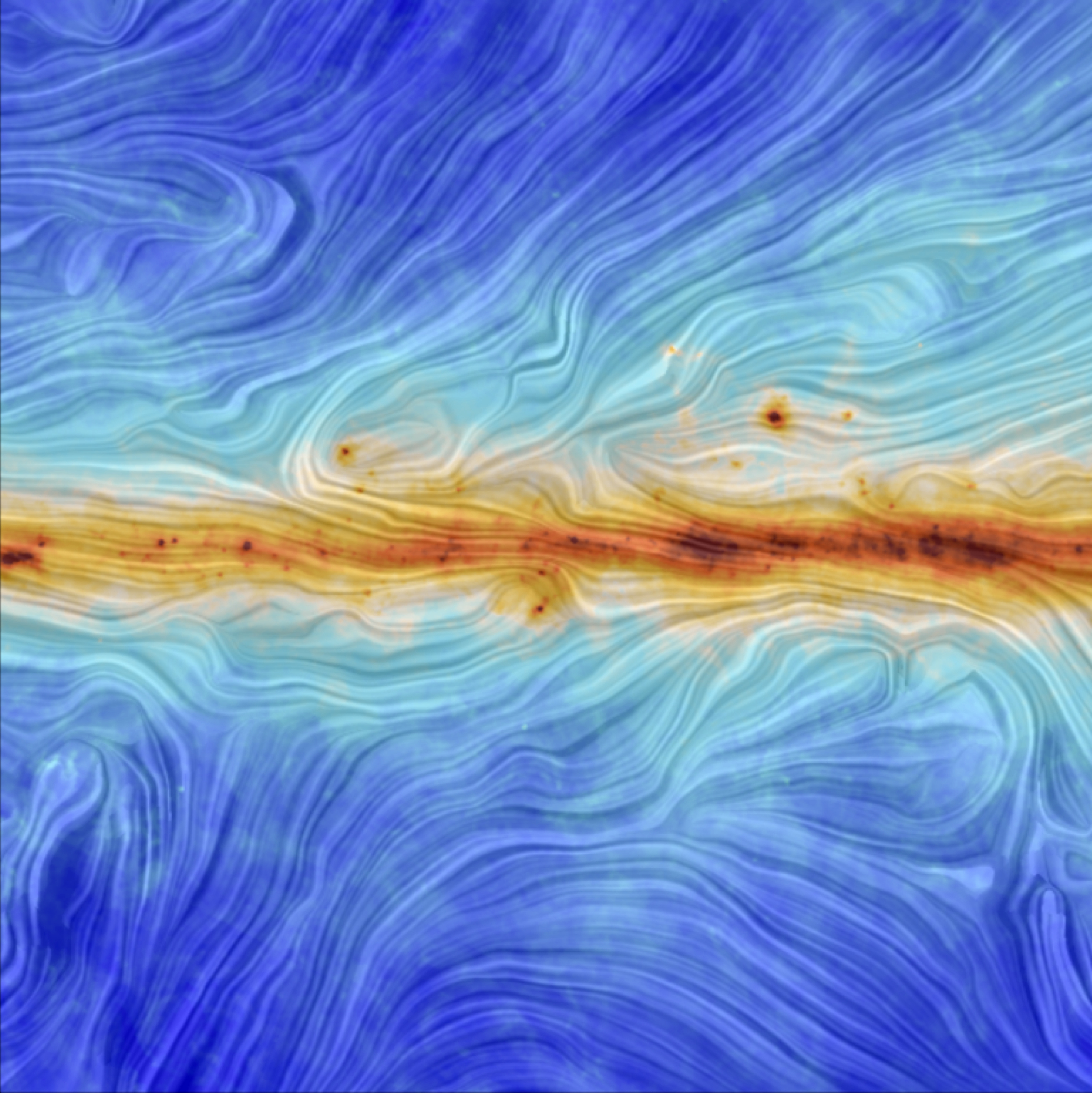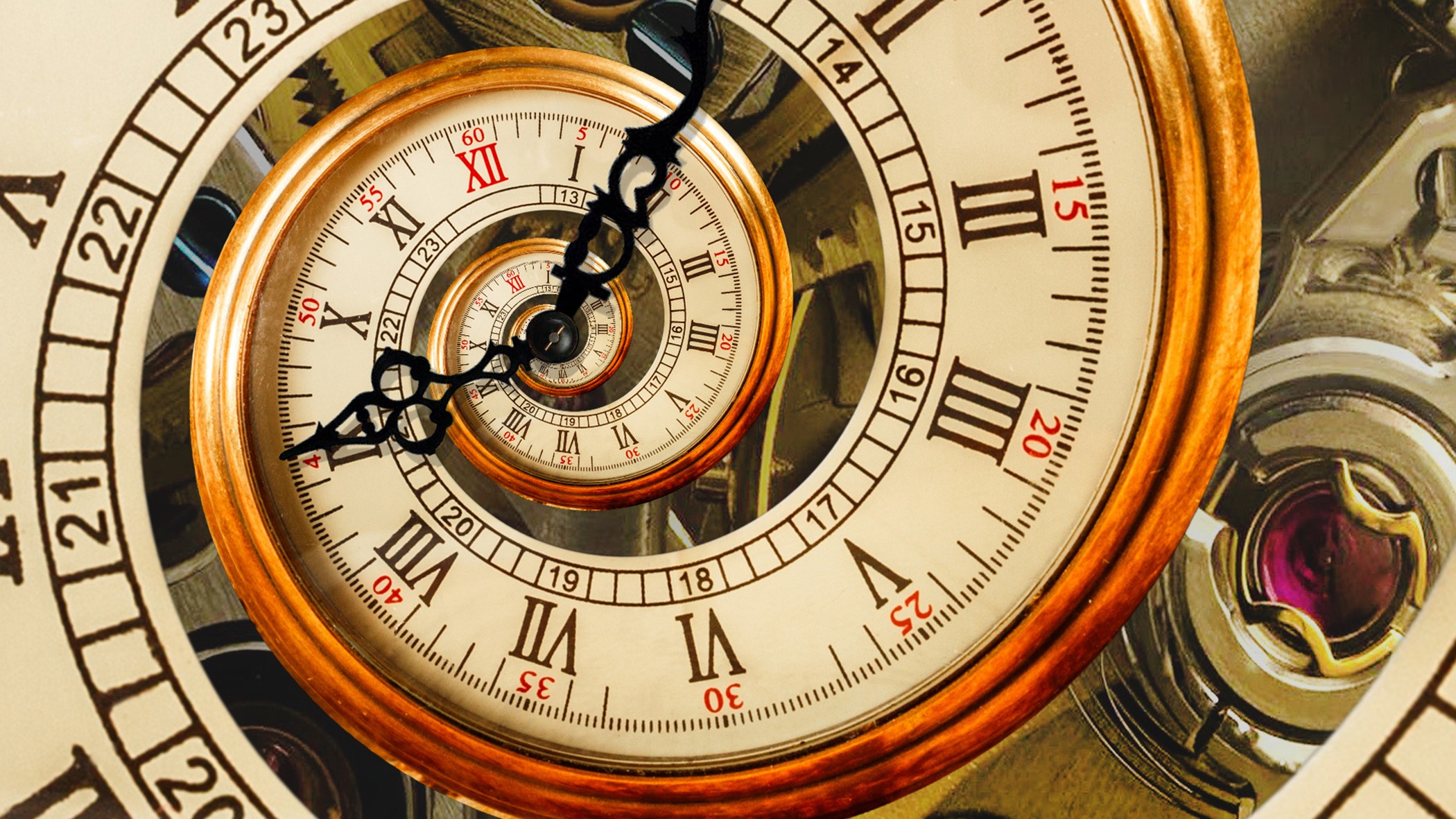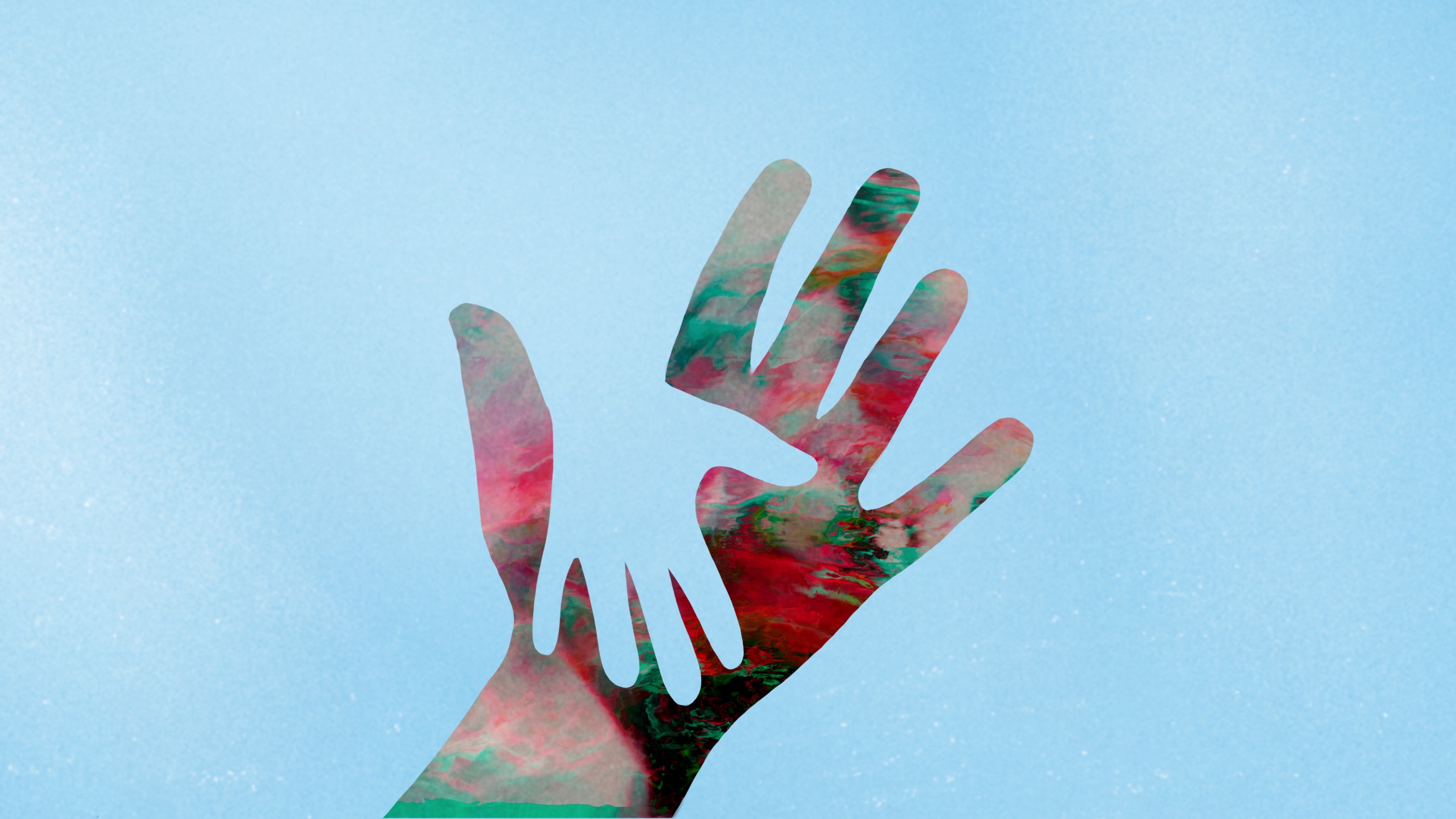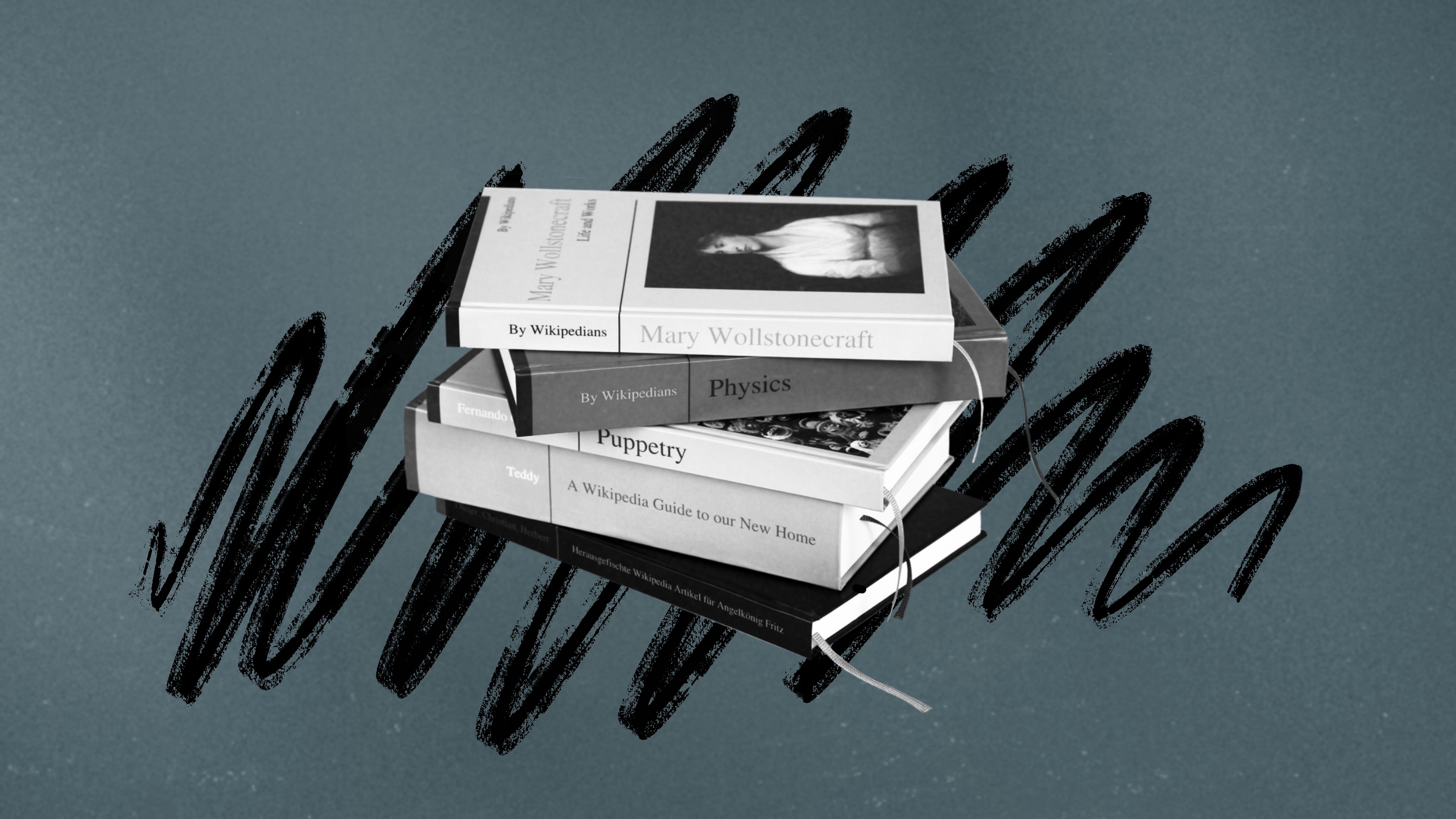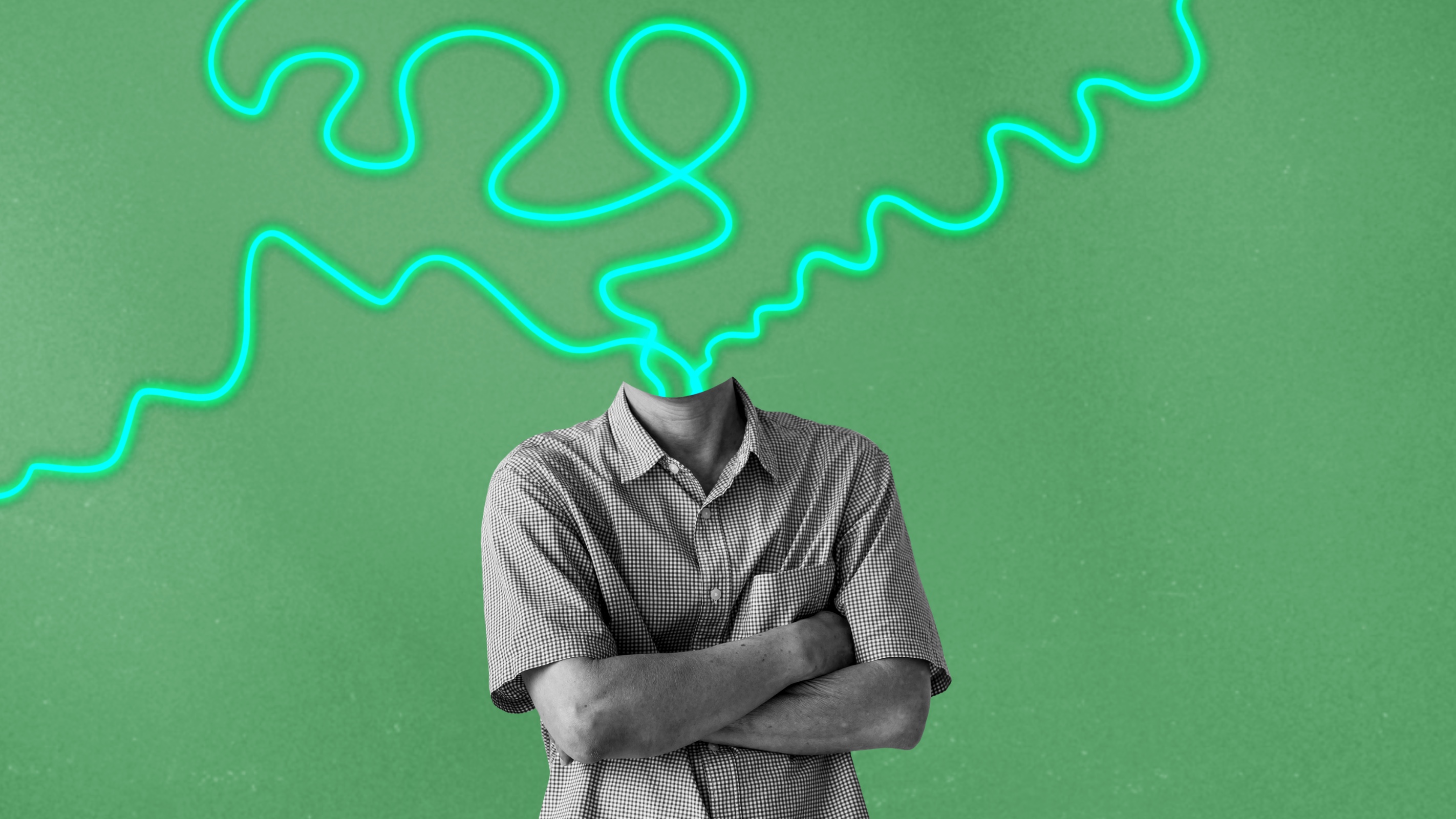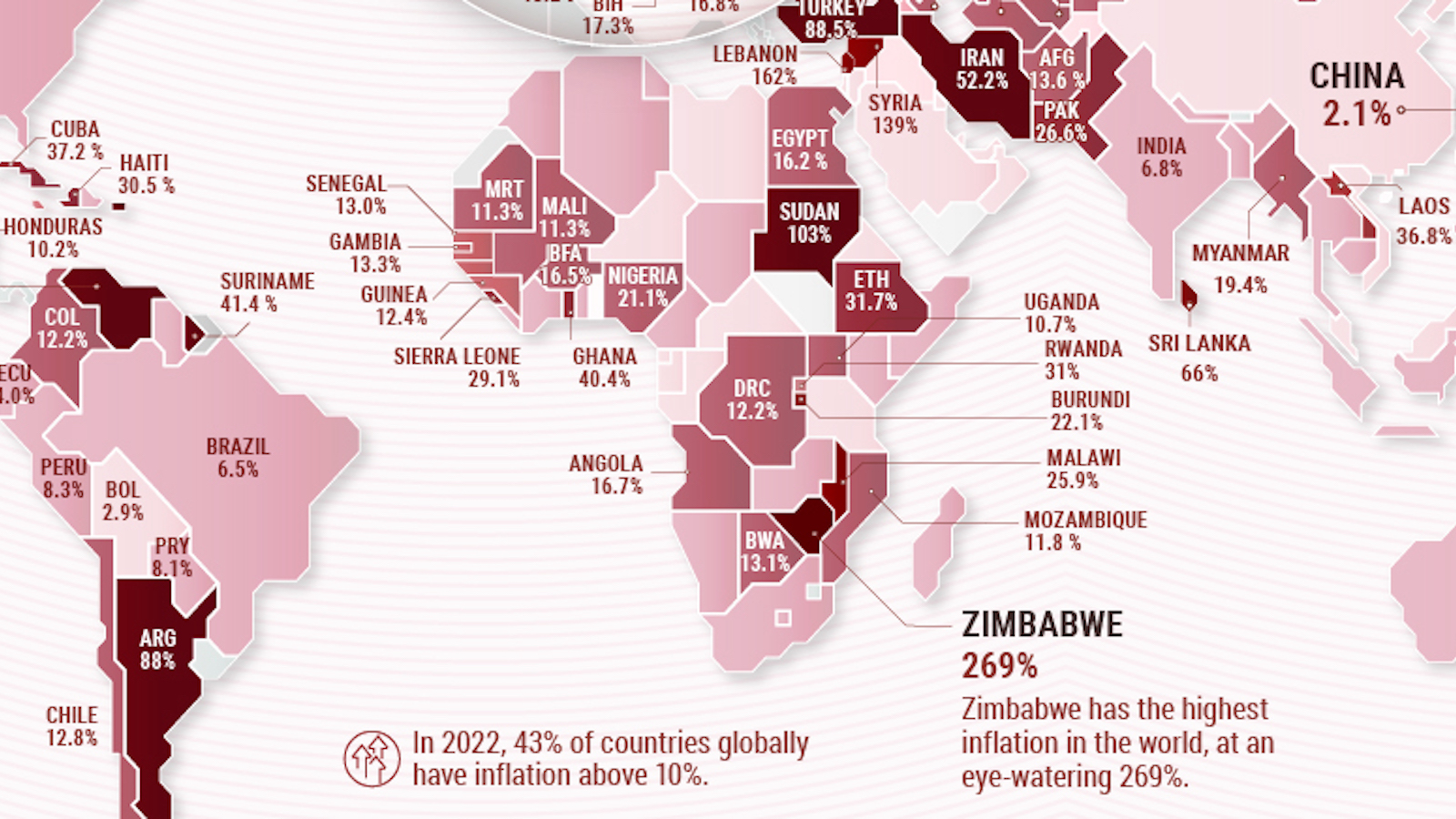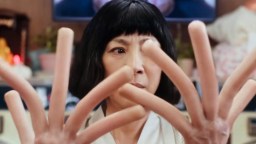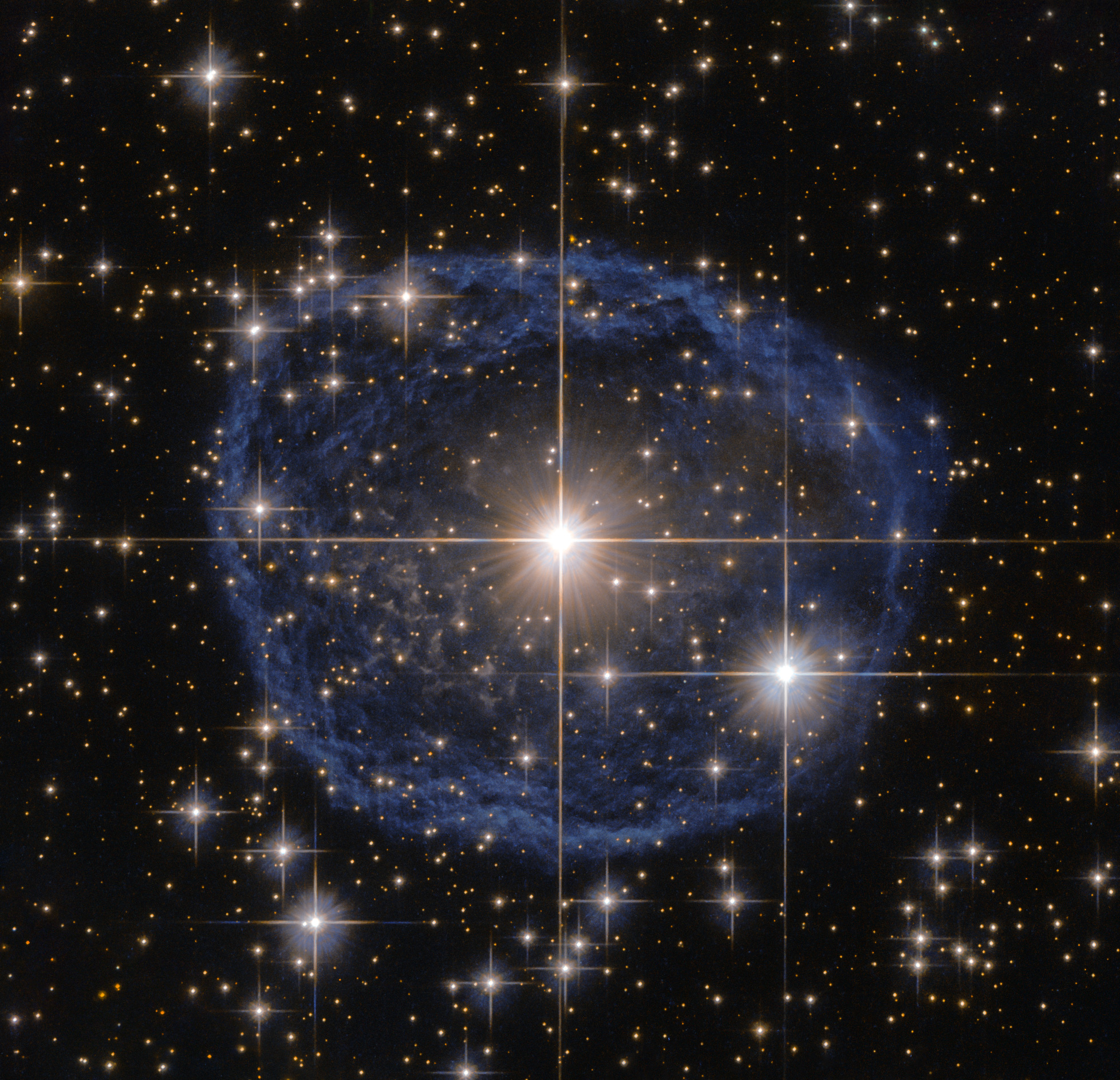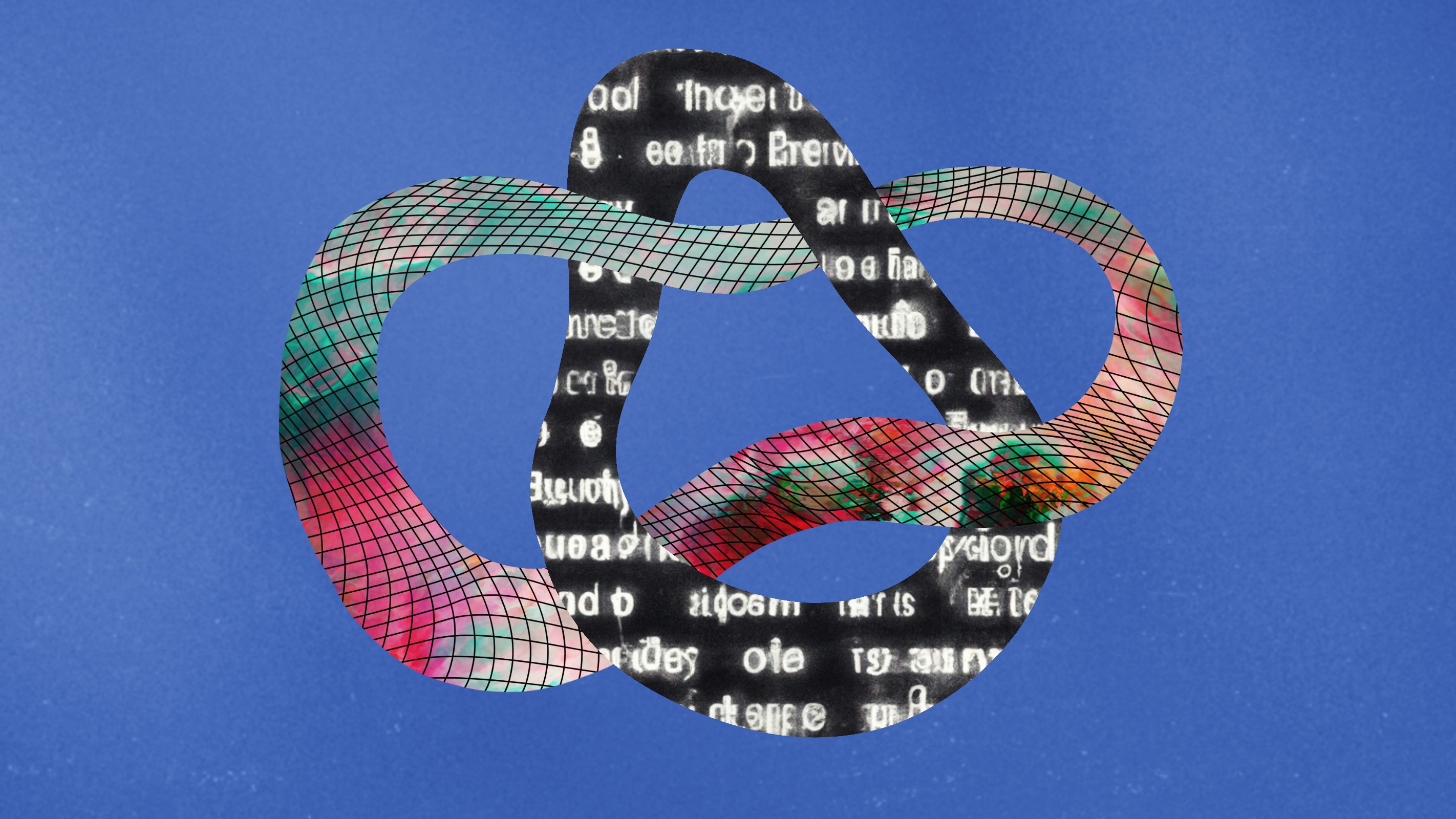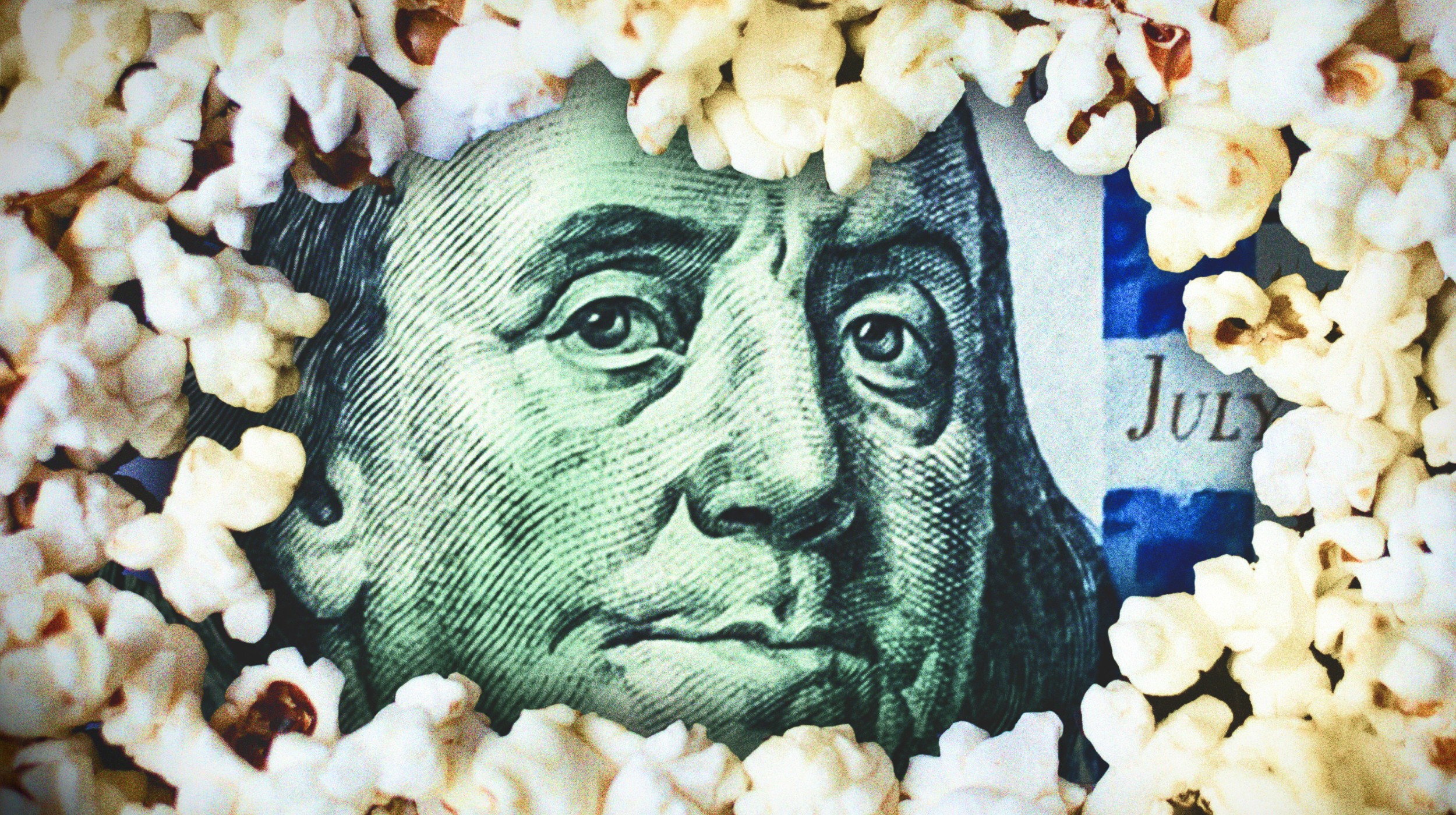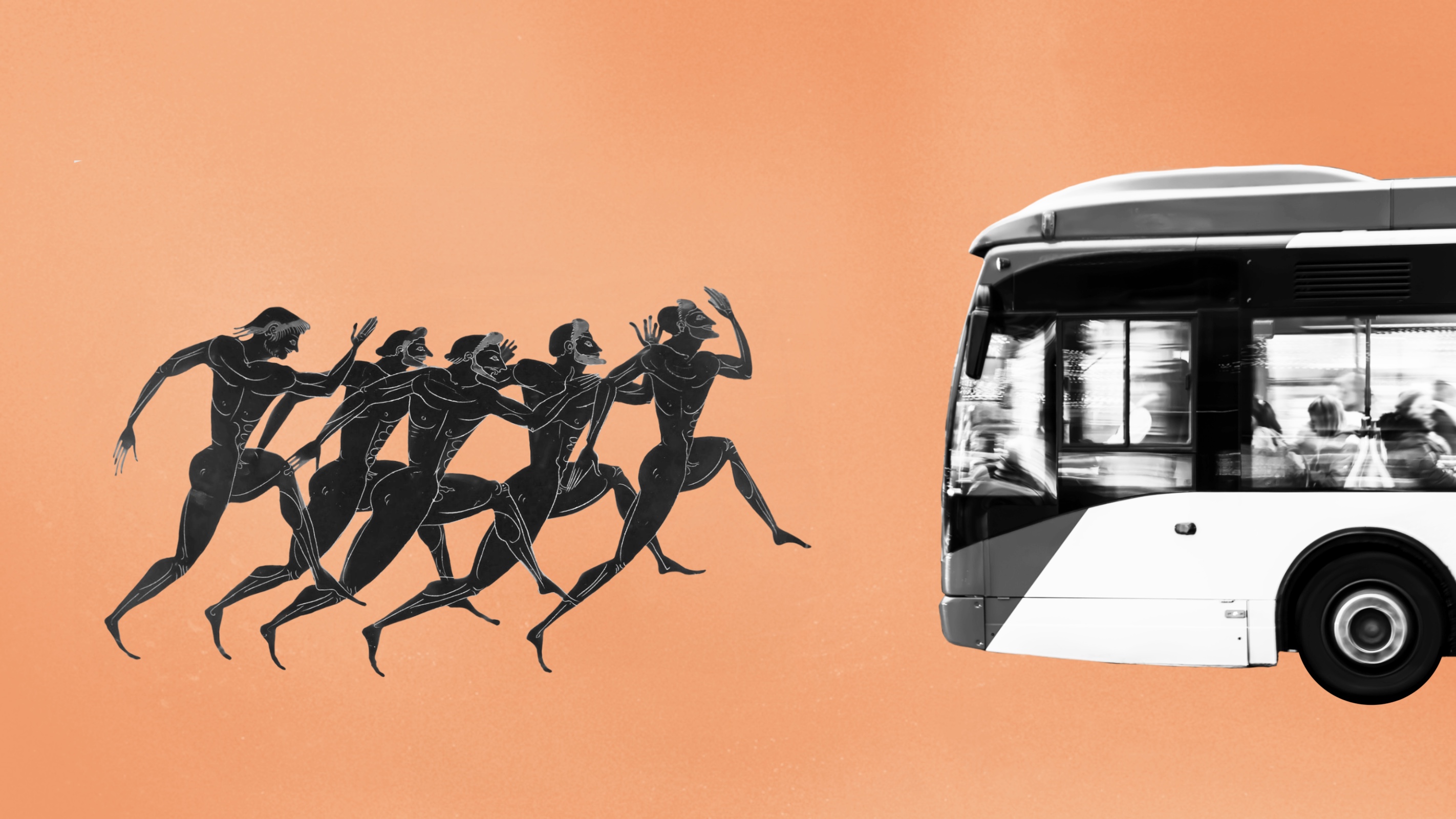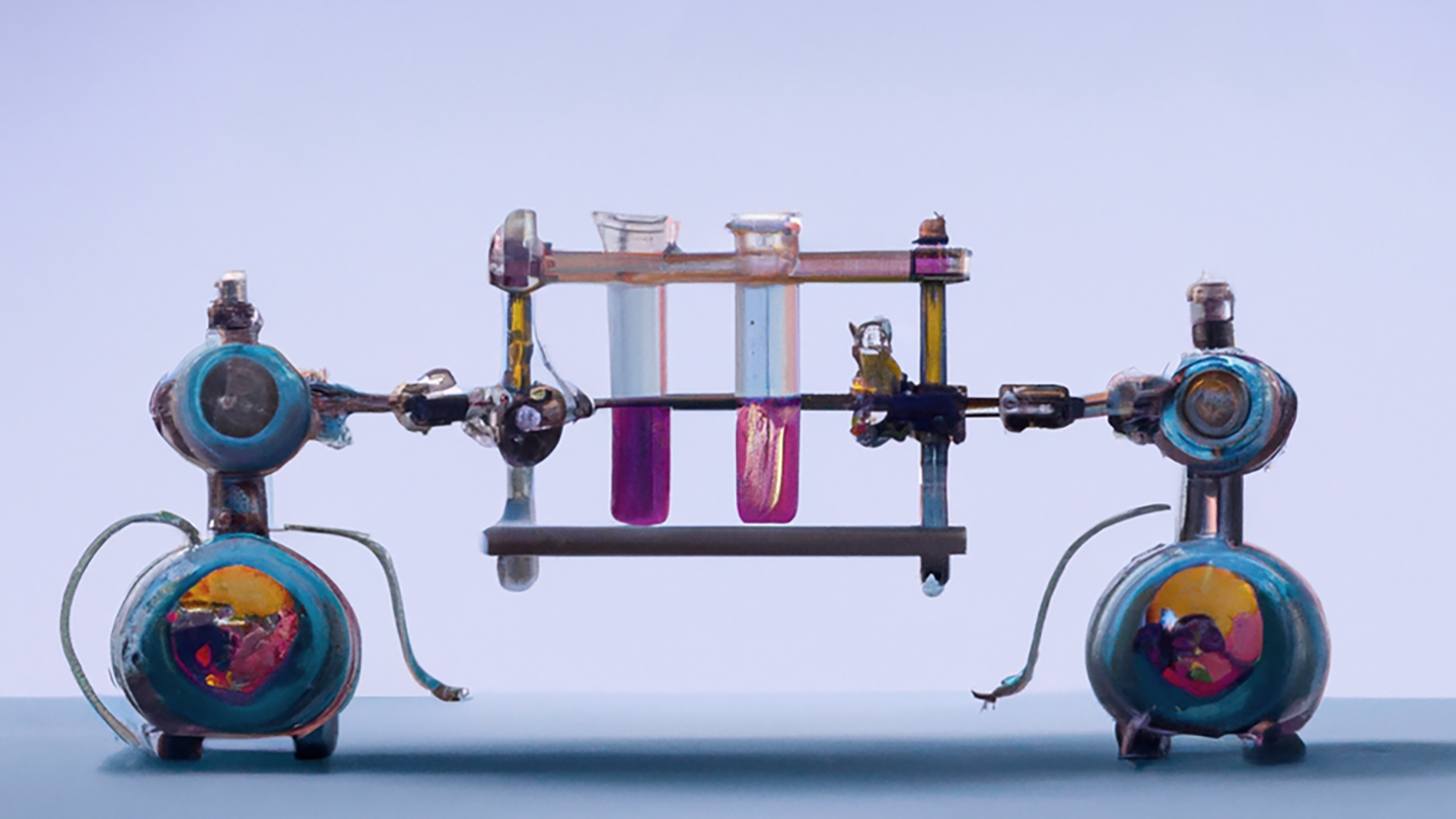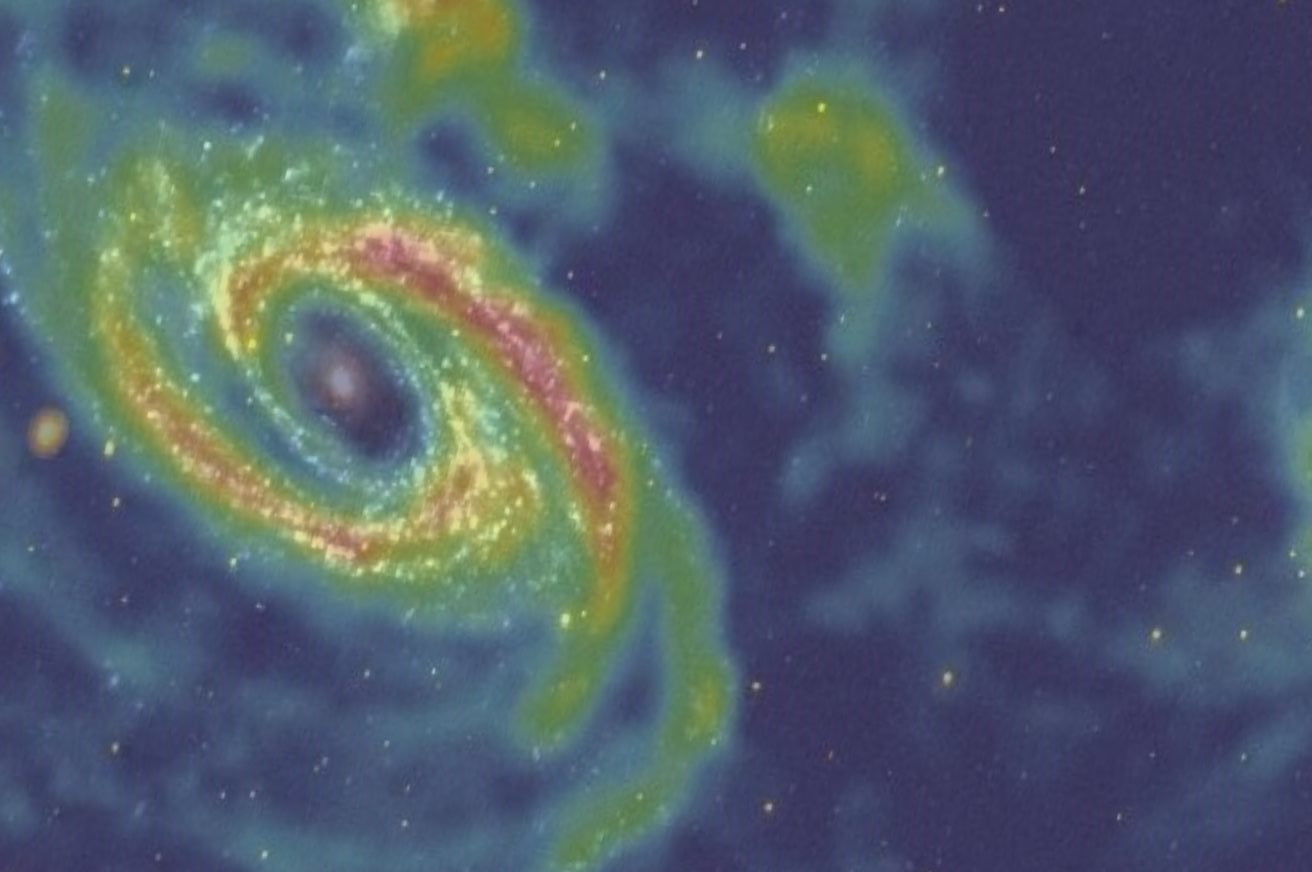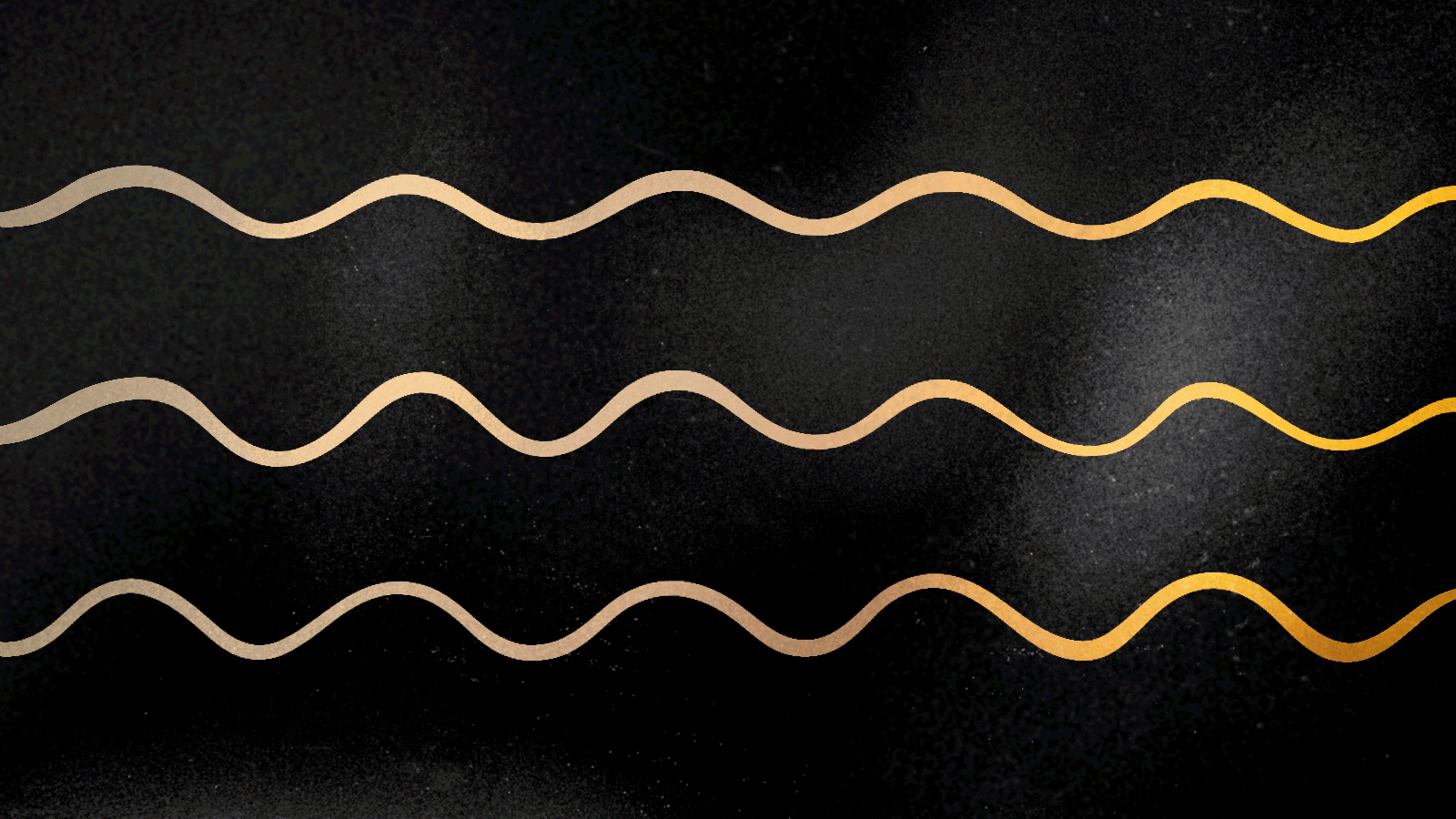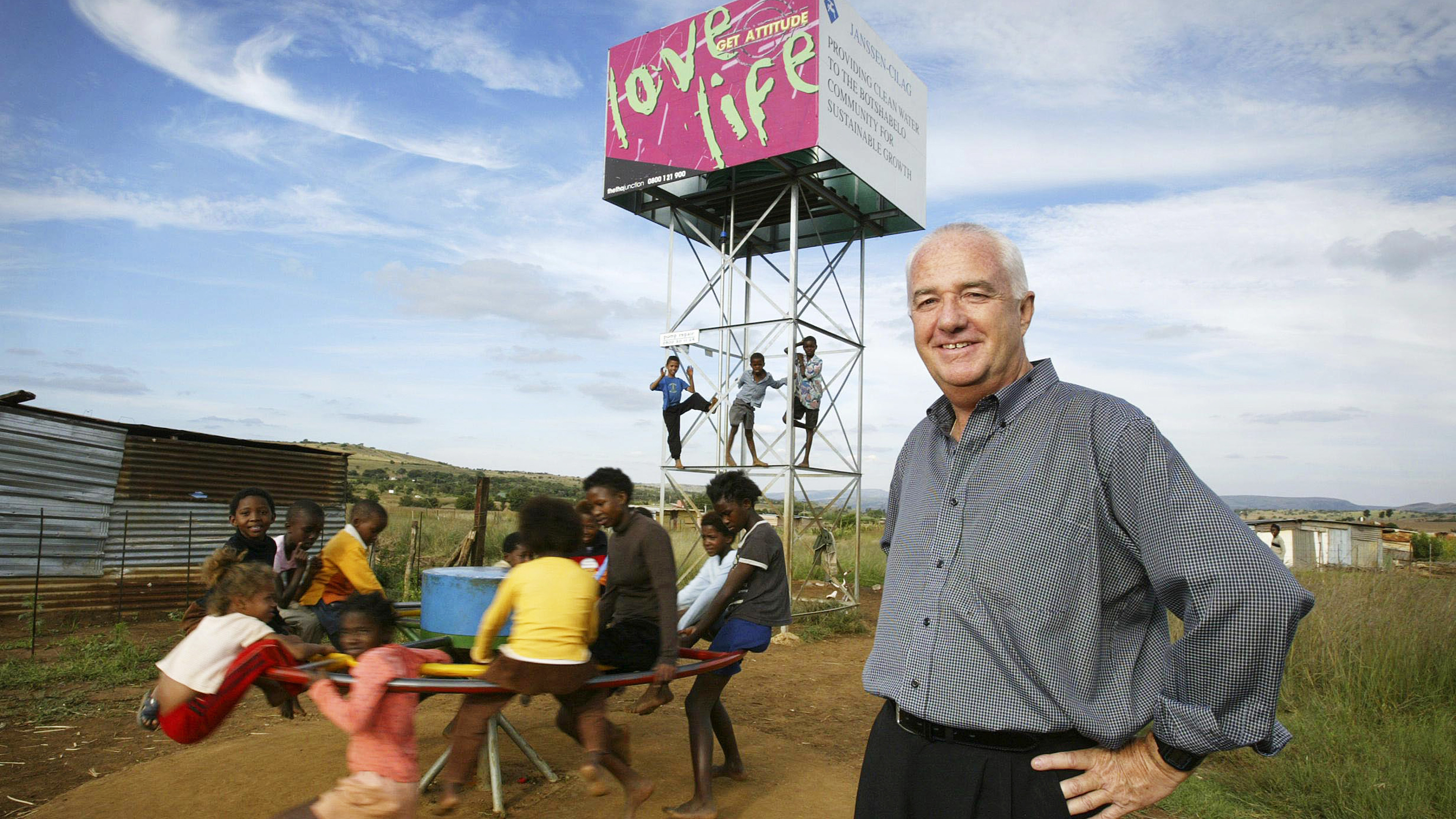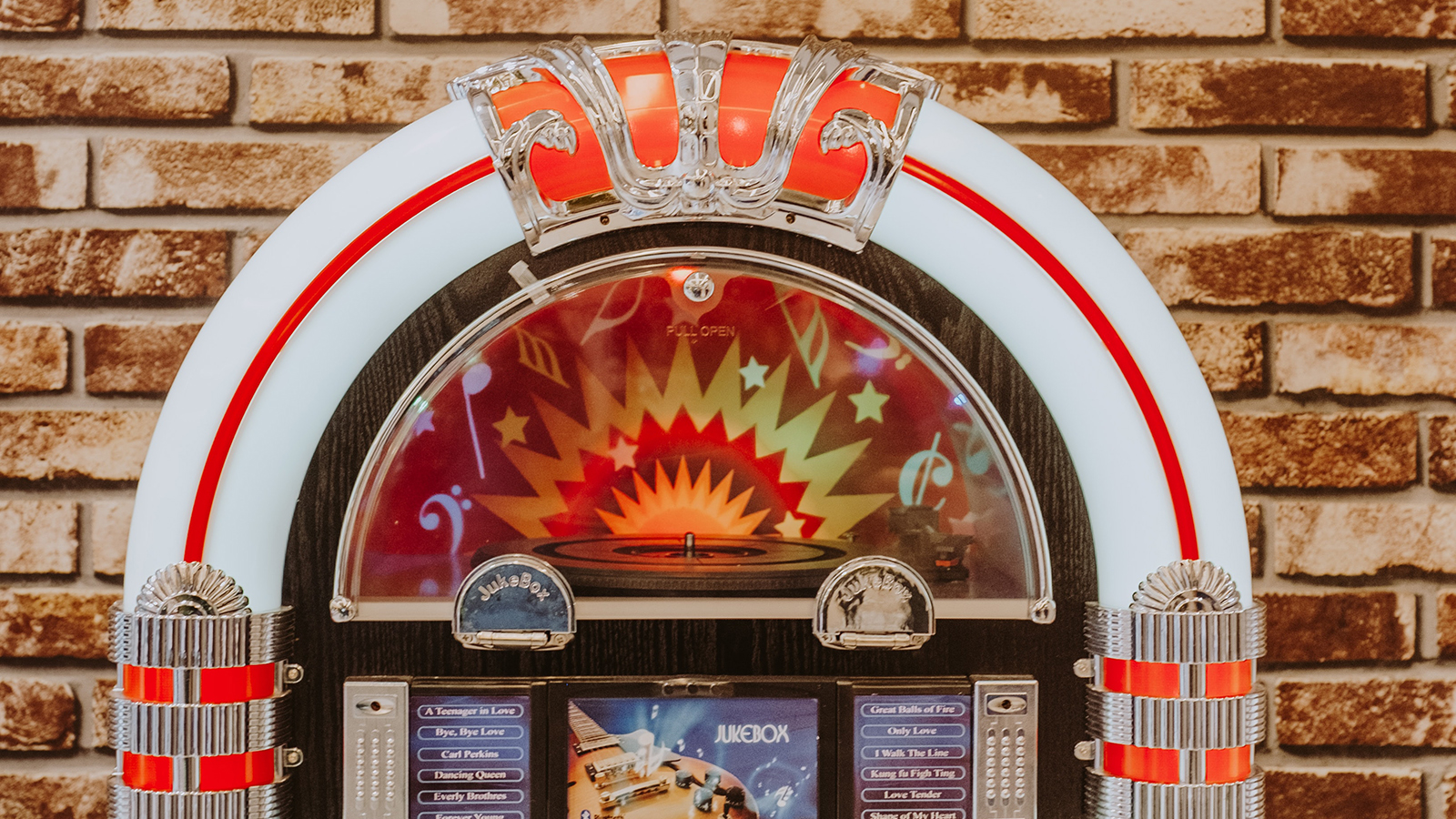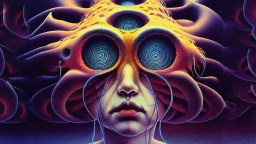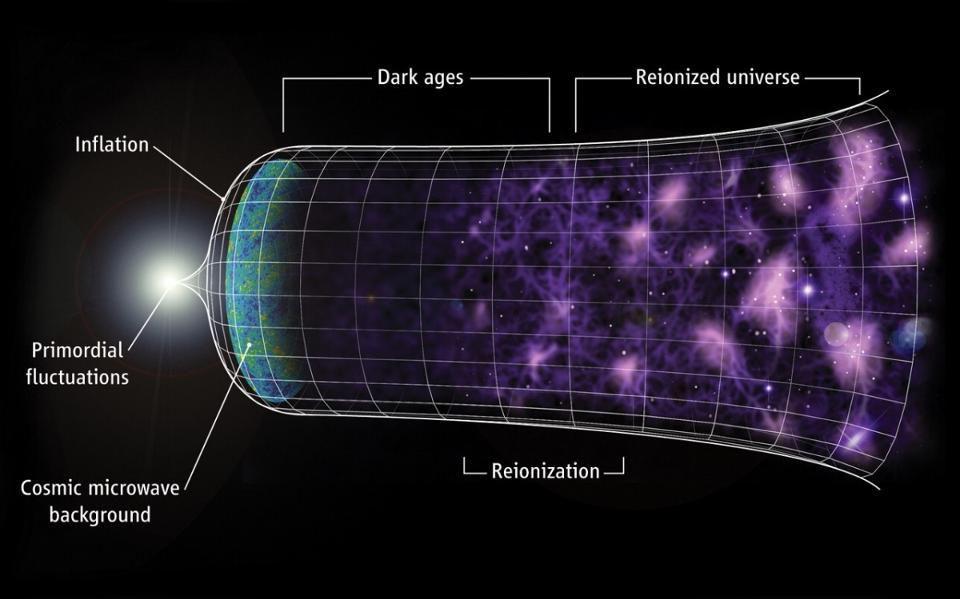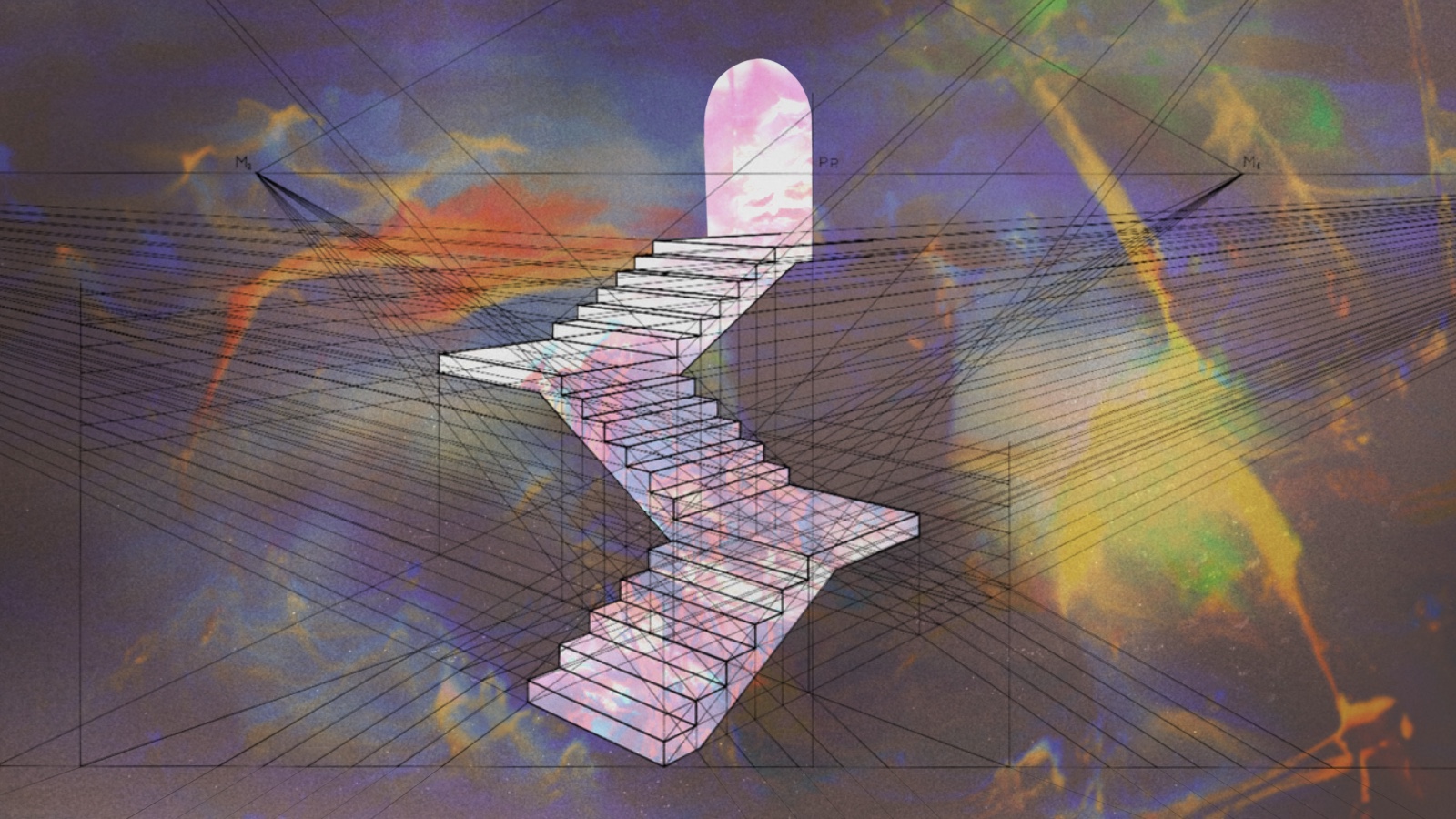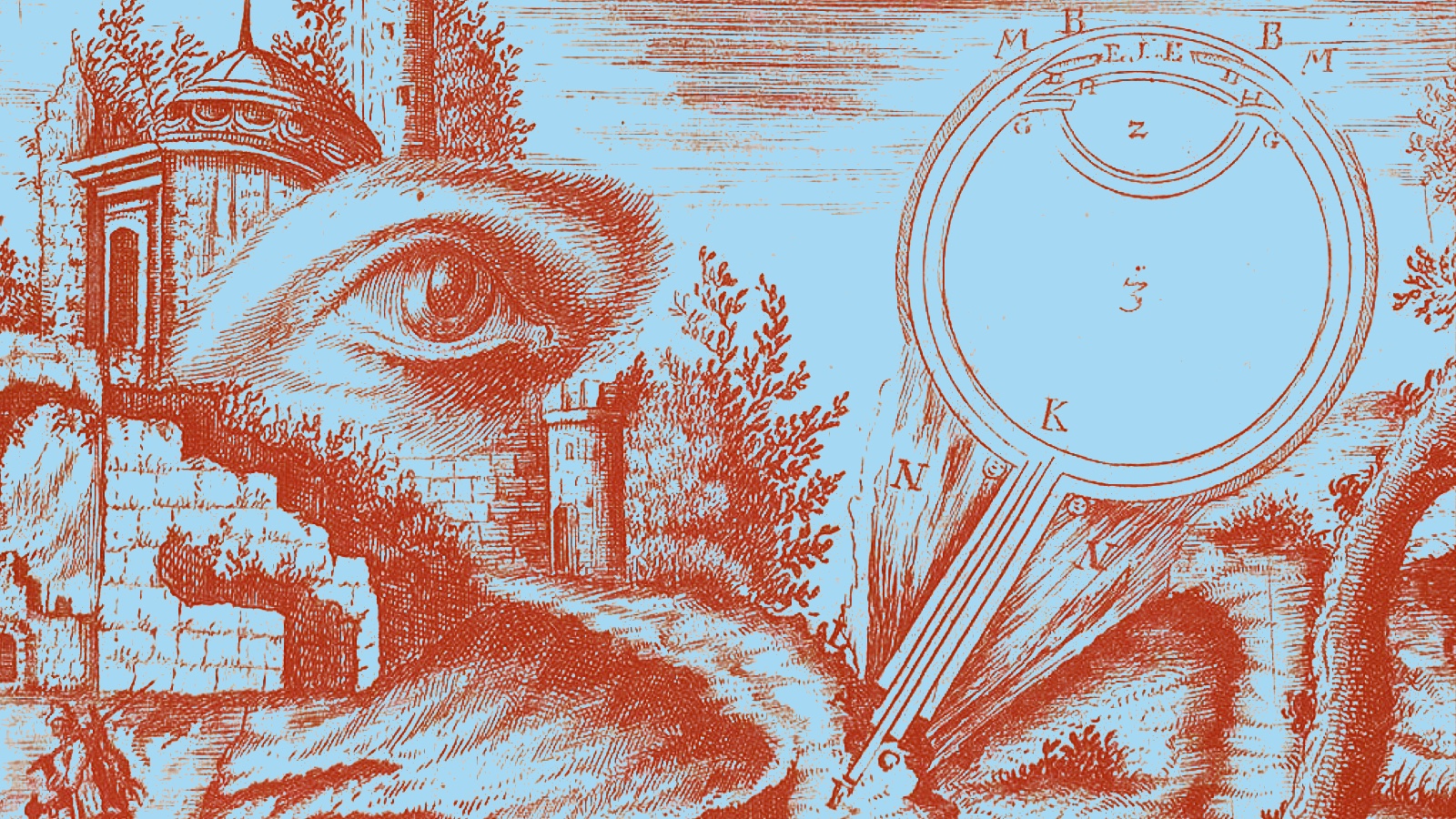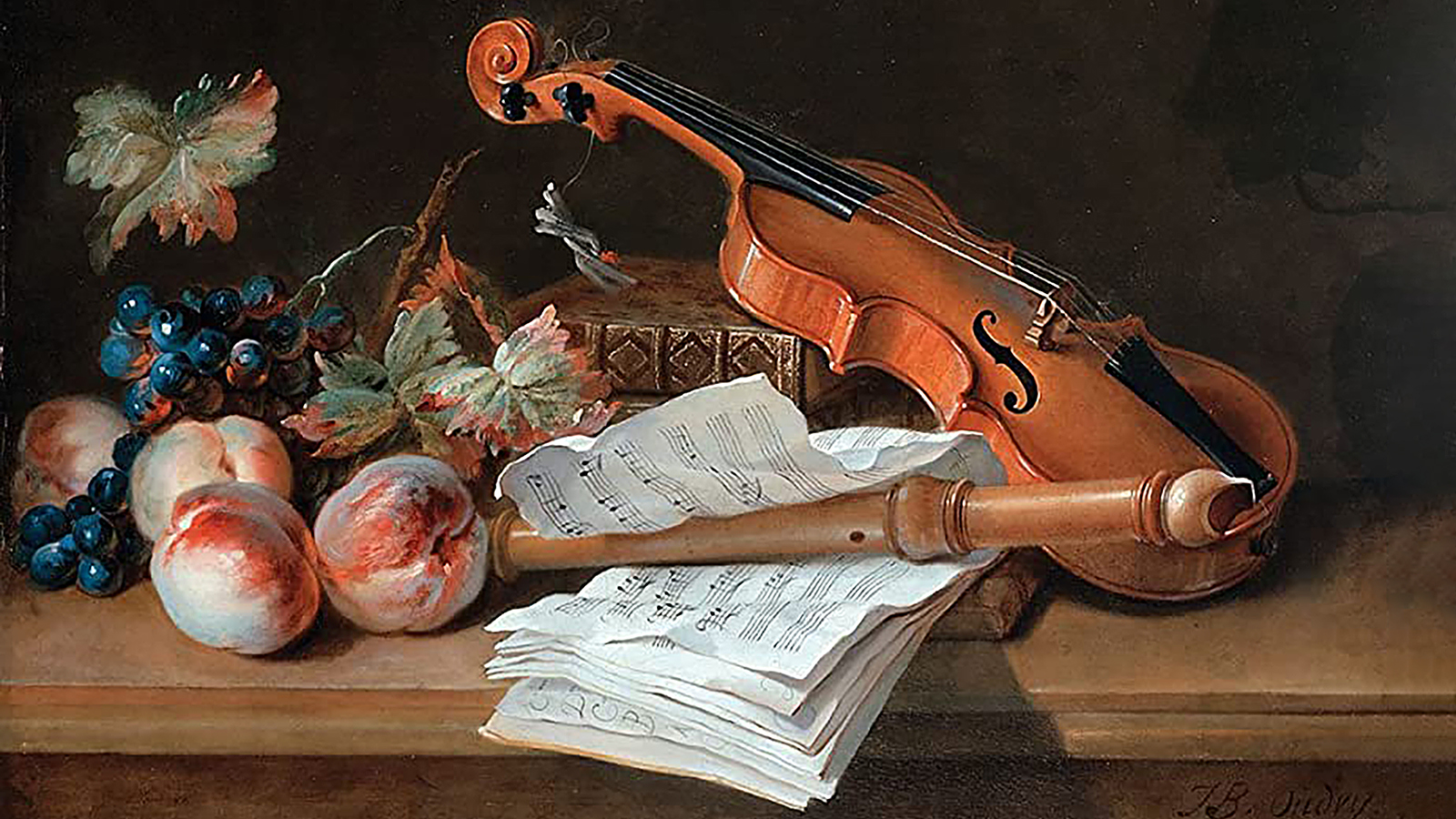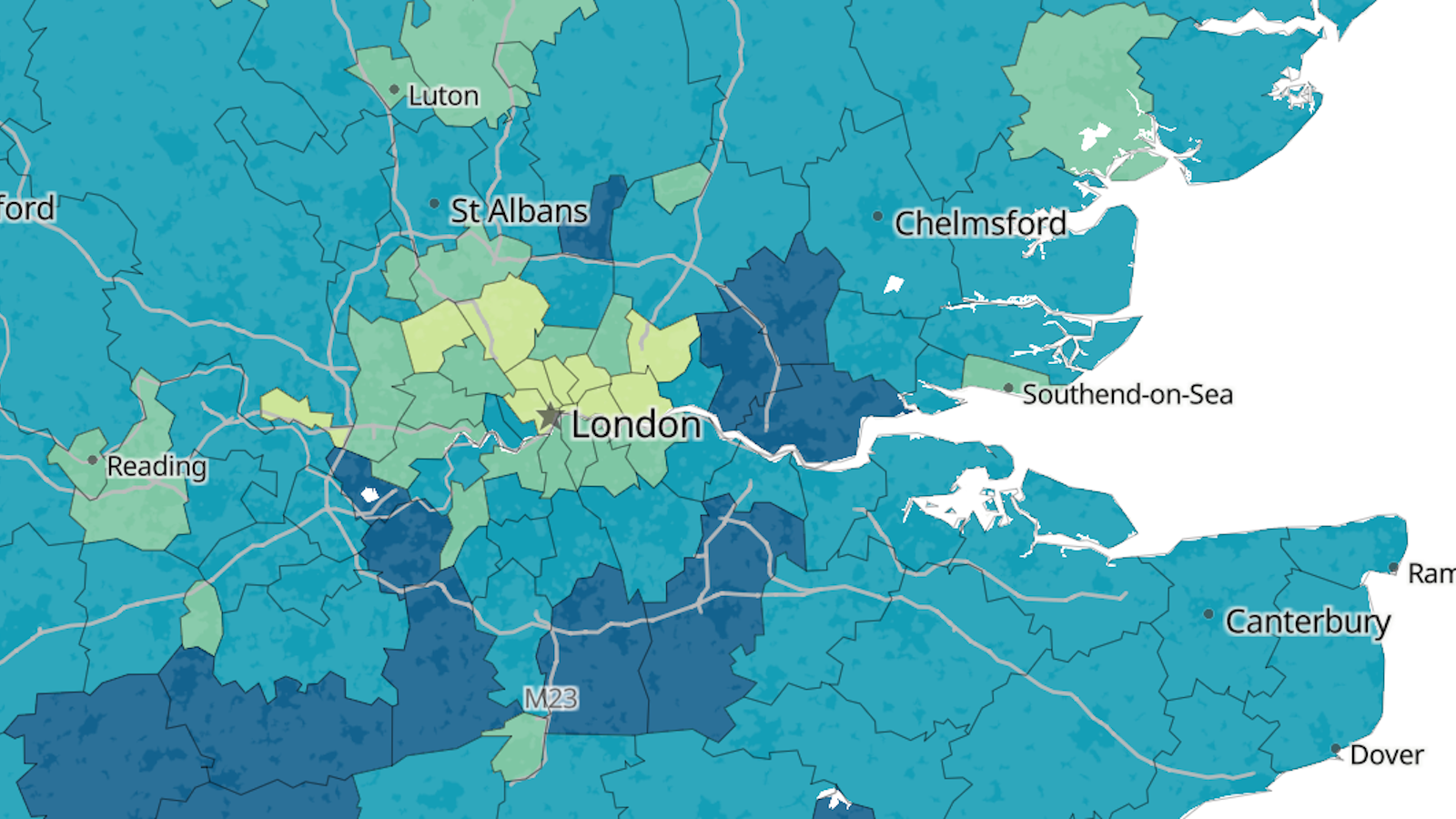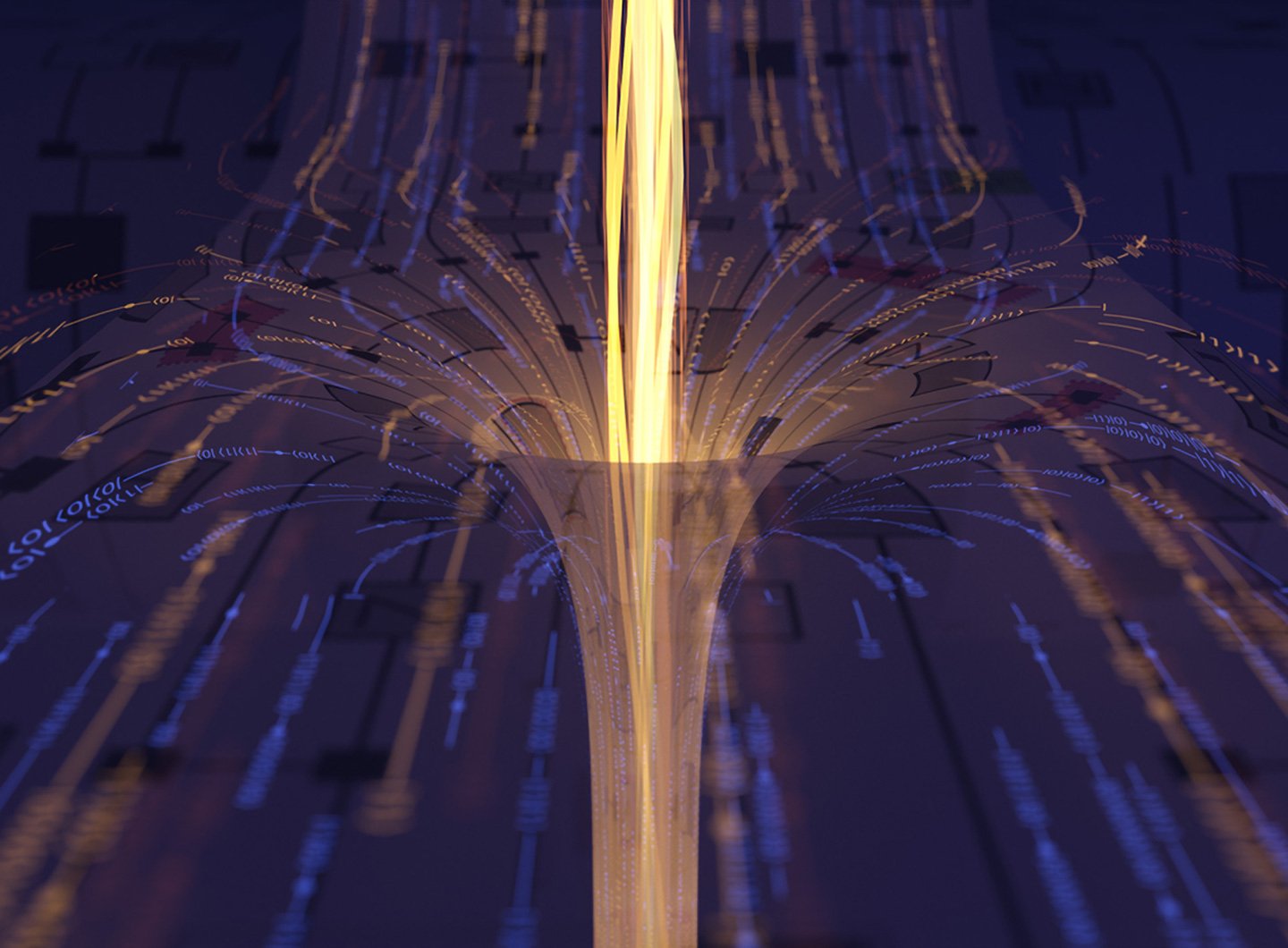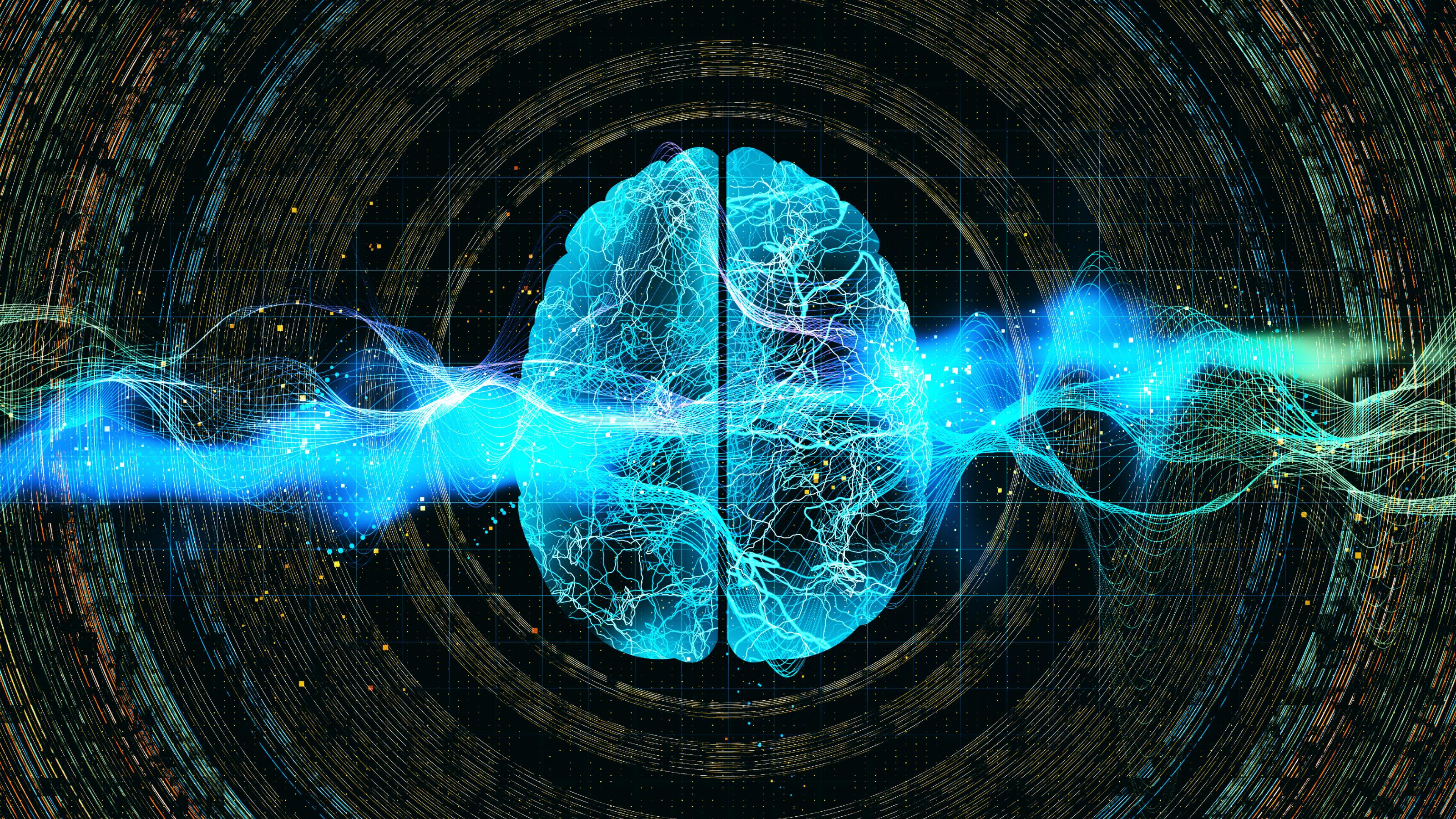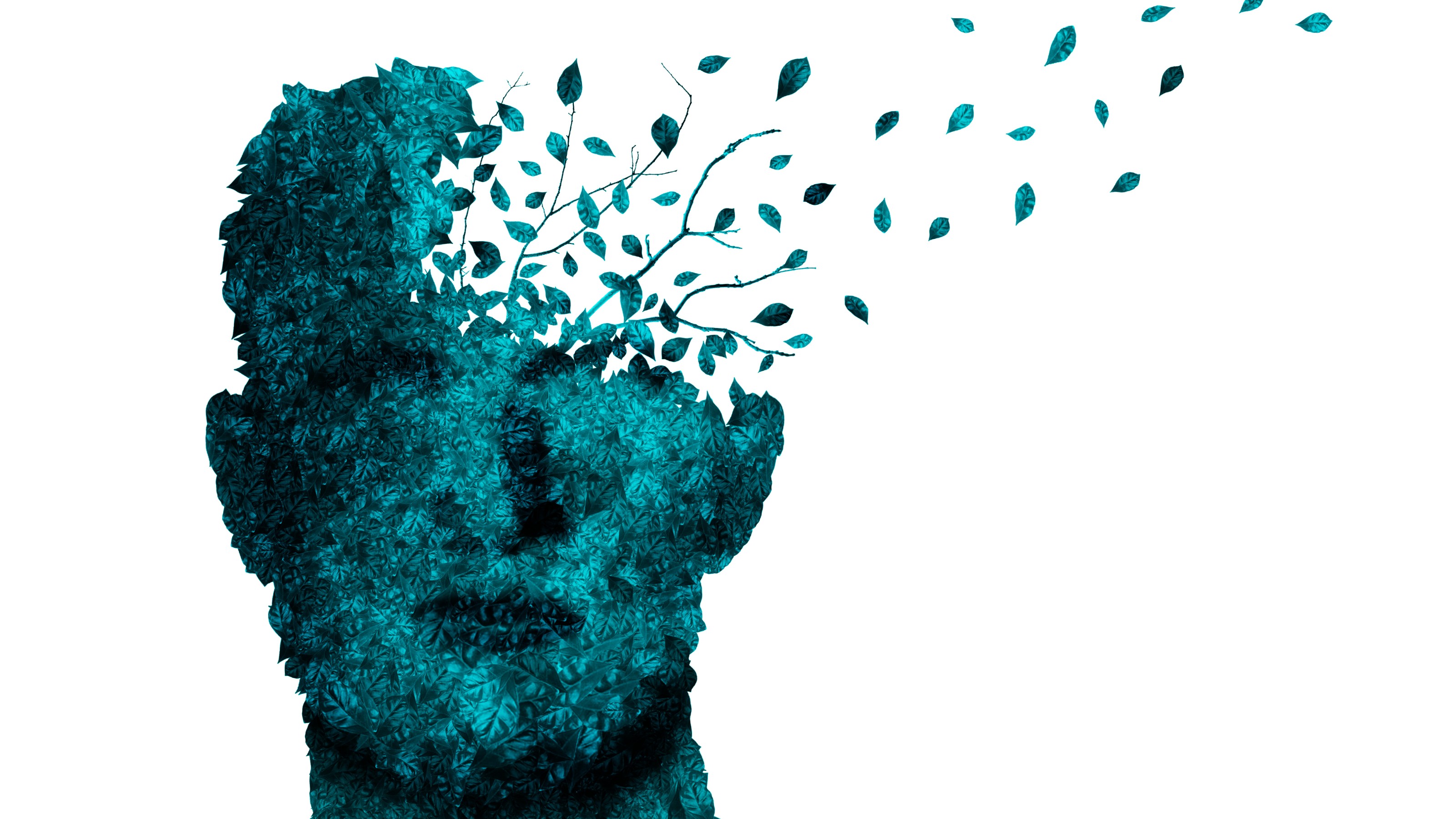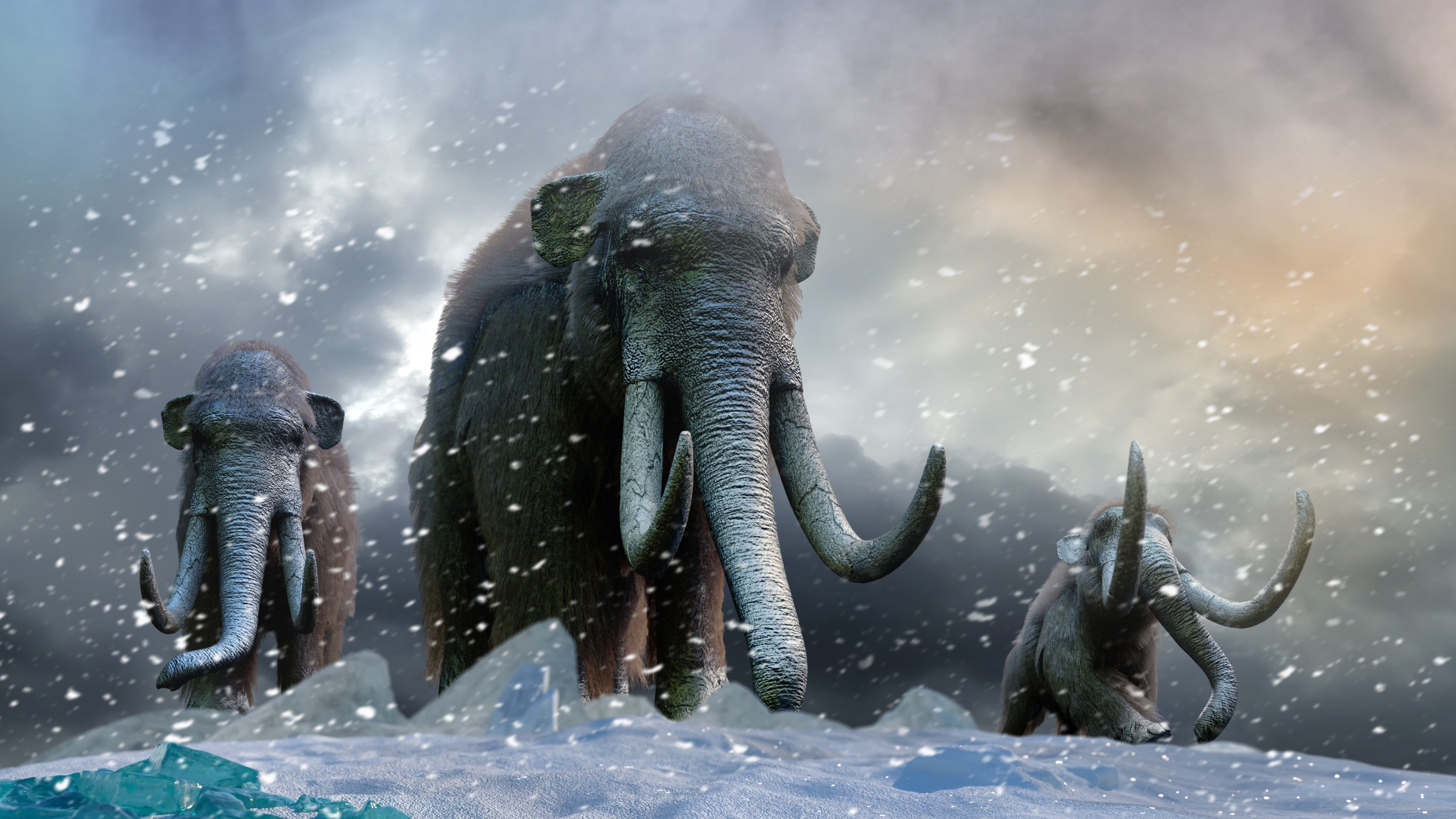Some of the weirdest characters in Greek mythology were Athenian kings.
The prescription poop can correct life-threatening bacterial imbalances in the gut.
What doesn’t kill you makes you stronger. That old adage roughly sums up the idea of antifragility, a term coined by the statistician and writer Nassim Taleb. The term refers […]
The AI is helping Twitter users plot movies, design meal plans, and more.
The very dust that blocks our view of the distant, luminous objects in the Universe is responsible for our entire existence.
“Carpe diem” was only one part of Horace’s poem Odes 1.11.
“Kids are always asking two questions of parents: ‘Am I safe?’ and ‘Am I real?'”
The insanity of the academic job market laid out in numbers.
Guess which country has 269% inflation.
What do physicists actually mean when they talk about the multiverse?
▸
9 min
—
with
The most common element in the Universe, vital for forming new stars, is hydrogen. But there’s a finite amount of it; what if we run out?
Life is the only physical system that actively uses information.
For decades, cinemas have earned more from concessions than ticket sales. But can their current business model survive in the streaming age?
Running to catch the bus might help you live longer.
ChatGPT’s capabilities are astonishing.
Photons come in every wavelength you can imagine. But one particular quantum transition makes light at precisely 21 cm, and it’s magical.
Light carries with it the secrets of reality in ways we cannot completely understand.
Wizbang innovations capture the public’s imagination, but thoughtful, incremental development is often more valuable to those in need.
We don’t know when or how music was originally invented, but we can now track its evolution across space and time thanks to the Global Jukebox.
Can psychedelics solve the ‘hard problem’ of consciousness? A Johns Hopkins professor explains.
▸
4 min
—
with
We thought the Big Bang started it all. Then we realized that something else came before, and it erased everything that existed prior.
There is more consensus on what heaven looks like than hell.
A group of prominent scientists shares how research has changed them.
For the first time in nearly 1500 years, fewer than half the people in England and Wales consider themselves Christian.
The science fiction dream of a traversable wormhole is no closer to reality, despite a quantum computer’s suggestive simulation.
A recent study reveals how nerve insulation becomes impaired in the brains of Alzheimer’s patients.
De-extinction, if it is ever possible, will not be simple.
